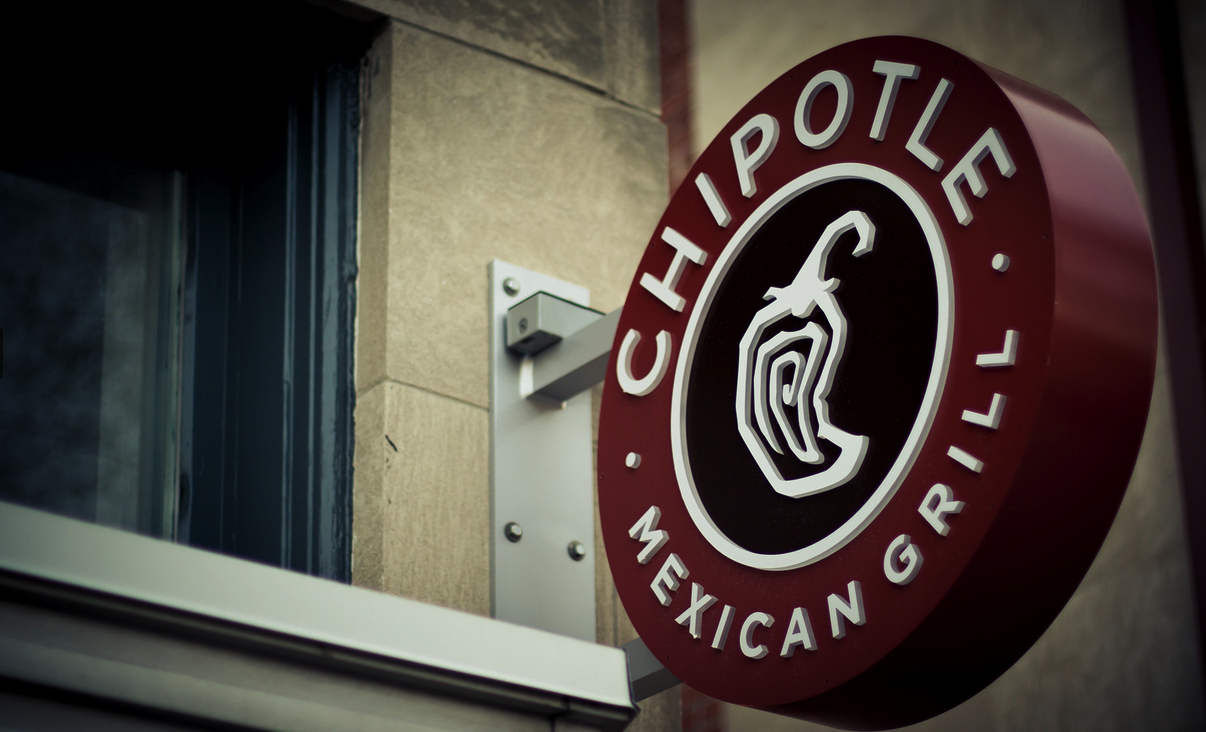What Ended The Short-Lived Marriage Of McDonald’s & Chipotle?
Bloomberg BusinessWeek has a massive oral history of Chipotle, which seems to include anecdotes from everyone who ever built a burrito bowl for the company. It’s definitely worth reading to learn how Steve Ells created his food empire, especially when it comes to the McDonald’s years.
In the ’90s, McDonald’s was trying anything to bolster a business that had been hurt by opening too many locations that couldn’t support themselves.
“We bought Boston Market, Donatos, Chipotle, Pret A Manger,” former McDonald’s chief communications officer Mike Donahue remembers about McD’s string of acquisitions. He also talks about how the company created an incubator with 40 executives from around the world to try to dream up the next big thing, including “a maid service, dry-cleaning, mowing the lawn… We looked at senior citizen places.”
And while none of those came to fruition, the company’s investment in Chipotle began to show promise. The bigger company took a surprisingly hands-off approach to its new partner.
“I would think of it in terms of McDonald’s being the rich uncle and Chipotle as the petulant nephew,” explains Chipotle Communications Director Chris Arnold, “where we take the money and are grateful but are stubborn and strong-willed enough that we’re going to do what we want with it anyway.”
Chipotle’s attitude was that they would use whatever resources McDonald’s wanted to offer, but that McDonald’s couldn’t make demands of Chipotle’s resources.
“Bless their hearts, McDonald’s had a lot of great suggestions, and we were always polite about it,” remembers Chipotle Chief Operations Officer — and manager of the company’s second-ever location — Gretchen Selfridge. “They really wanted us to do drive-throughs. They really wanted us to do breakfast. But we just really didn’t do any of that.”
Co-CEO Monty Moran recalls some of the battles between founder Steve Ells and McDonald’s, like when the company suggested changing the name to “Chipotle Fresh Mexican Grill.”
“I remember Steve had a very non-tactful, politically incorrect response, ‘Well, that’s a bunch of you-know-what. Why would we do that? It doesn’t make any sense’,” says Moran.
One thing that Chipotle, which doesn’t really use the franchise model for its businesses, did agree to try was to allow McDonald’s franchisees to also operate Chipotle stores.
“We did franchise eight restaurants at the request of McDonald’s, and it was an uncomfortable time for us,” Moran explains. “We didn’t want to. We agreed to do it to keep them quiet, because there was so much excitement at McDonald’s about Chipotle… Ultimately we had to buy out those franchisees for a pretty massive amount of money.”
Ells, an outspoken proponent of antibiotic-free meat and humane farming conditions, is politely diplomatic in explaining the differences between Chipotle and McDonald’s.
“What we found at the end of the day was that culturally we’re very different,” he recalls. “There are two big things that we do differently. One is the way we approach food, and the other is the way we approach our people culture. It’s the combination of those things that I think make us successful.”
Things seemed to change for Ells after he visited the farms where McDonald’s was getting its food from.
“They [McDonald’s] invited Steve to go to their chicken farm in Arkansas,” remembers Steve’s dad Bob Ells. “He came back and said it was absolutely the most disgusting thing he’d ever seen in his life.”
So when Chipotle went public in 2006, McDonald’s cashed out, earning around $1.5 billion on an investment of around $360 million. Not a bad return after only a few years, but certainly not earth-shattering for a company like McDonald’s.
“I can’t think of a single thing that transferred from Chipotle to McDonald’s,” says Matt Paull, former CFO at McDonald’s. “They both serve Coca-Cola I guess.”
Want more consumer news? Visit our parent organization, Consumer Reports, for the latest on scams, recalls, and other consumer issues.


